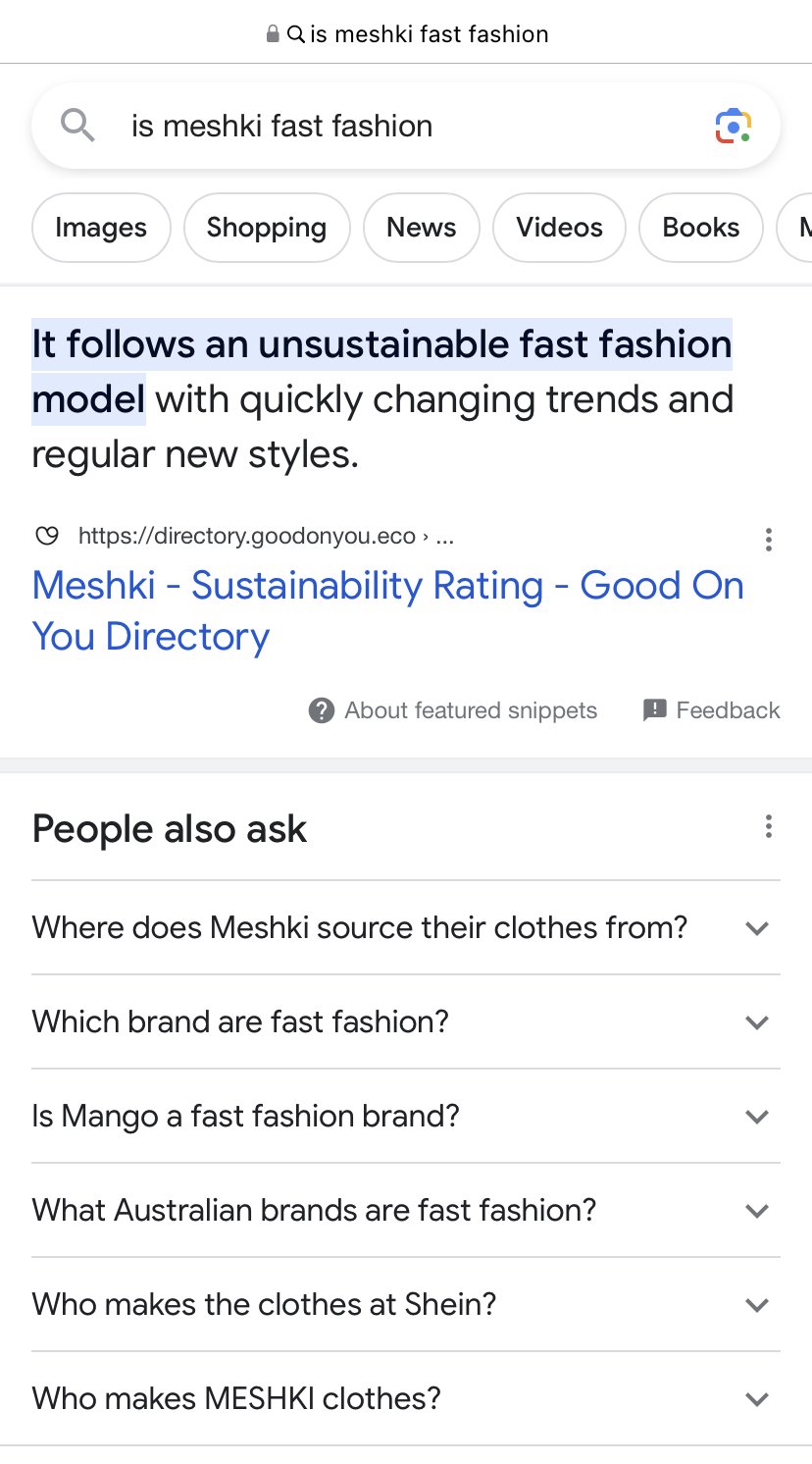How much research do conscious consumers do?
As a conscious consumer, I do a lot of research about the product and some on the company before I buy something.
But how much research is enough? How far back does the average conscious consumer go?
Shady owners
I came across this article last week outlining 15 ethical brands which are owned by un-ethical owners.
Even though I know most of these brands, I was shocked to find out some of their owners (especially number 11!)
When a "traditional" company (aka one that disregards natural resources) purchases a purpose-driven start-up, it does so to diversify its portfolio and profit from a different set of customers. It makes business sense.
However, it can be perceived as greenwashing on their part and misleading on the small brand's side towards their consumers.
Indeed, as a consumer, it's arguably misleading to be buying from a company thinking you are supporting a small independent team, only to find out you are making the pockets of Coca-Cola deeper.
So as a brand owner, how do you make sure there is enough information on your brand website and product pages so that consumers don’t have to spend a lot of time scouring the internet to find information?
The impact on the bottom line
When a consumer has to leave your website and conduct their own research, they most likely will look for information on Google and social media.
These are the results of a question my friend typed into Google when she wanted to vet a company before buying her wedding dress.
As you can see, there is a big variety in the results of her query.
This type of research will not only delay the decision timeline for the customer purchase but is likely to sidetrack and impede the purchase altogether.
The consumer can get lost between multiple tabs and resources, including blogs and comments on social media and will eventually abandon the purchase due to overwhelm or lack of clarity.
On the other hand, they may also find your competitors on this quest for the truth!
So what’s the solution?
Clearly communicating benefits and sustainability claims is important for conscious consumers.
It’s become increasingly more important when marketing to Gen Z consumers, who are more informed and appreciate transparency above all.
If you are struggling to find out how to weave sustainability claims into your product pages and ‘About’ page, I can help 🙋♀️
Book your free 30 mins call today, and let’s have a chat!




